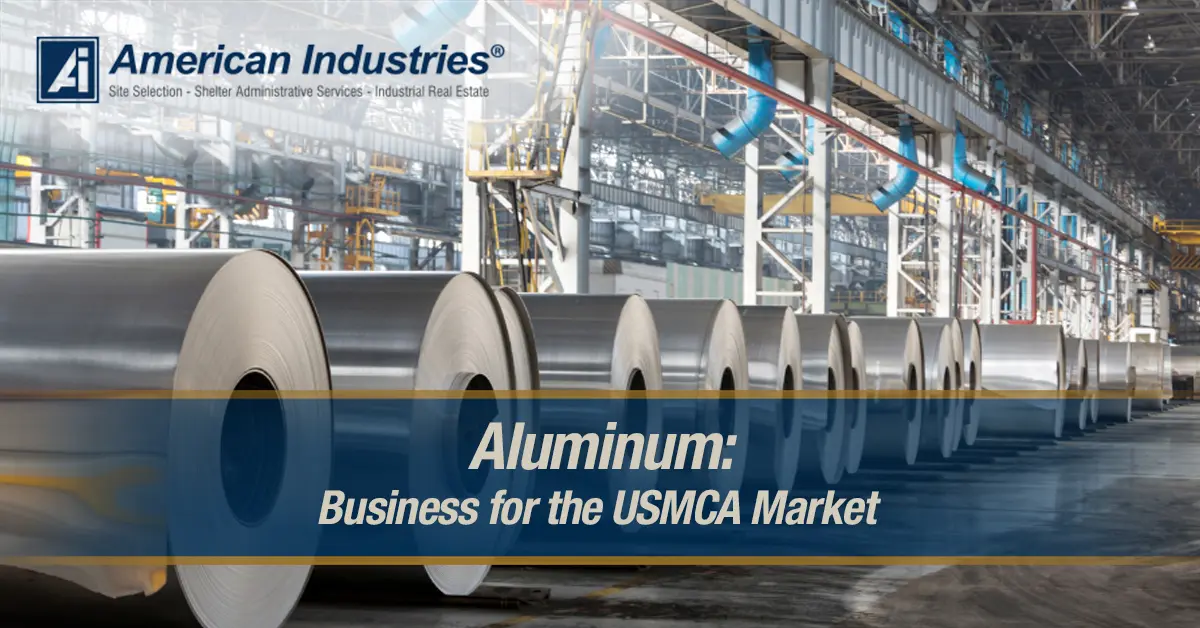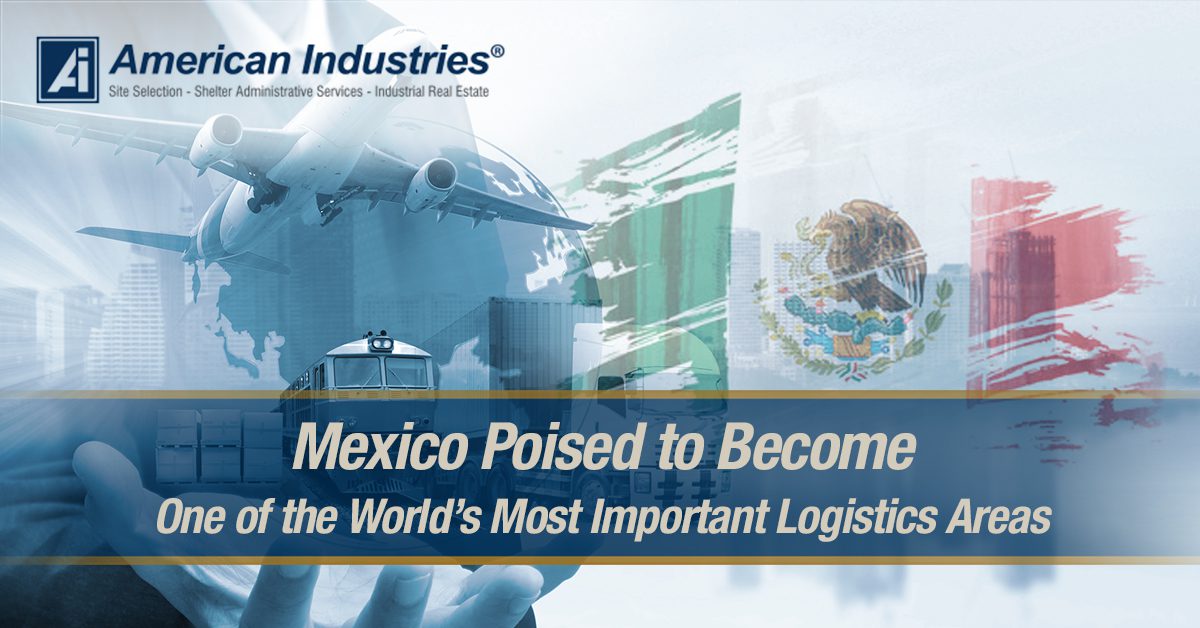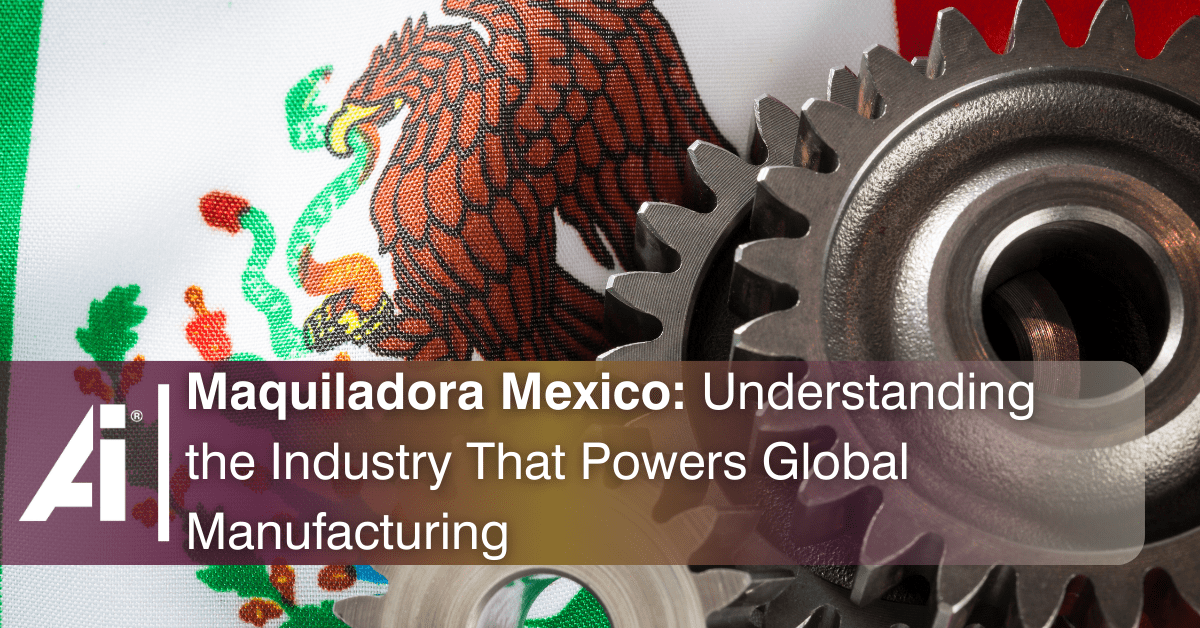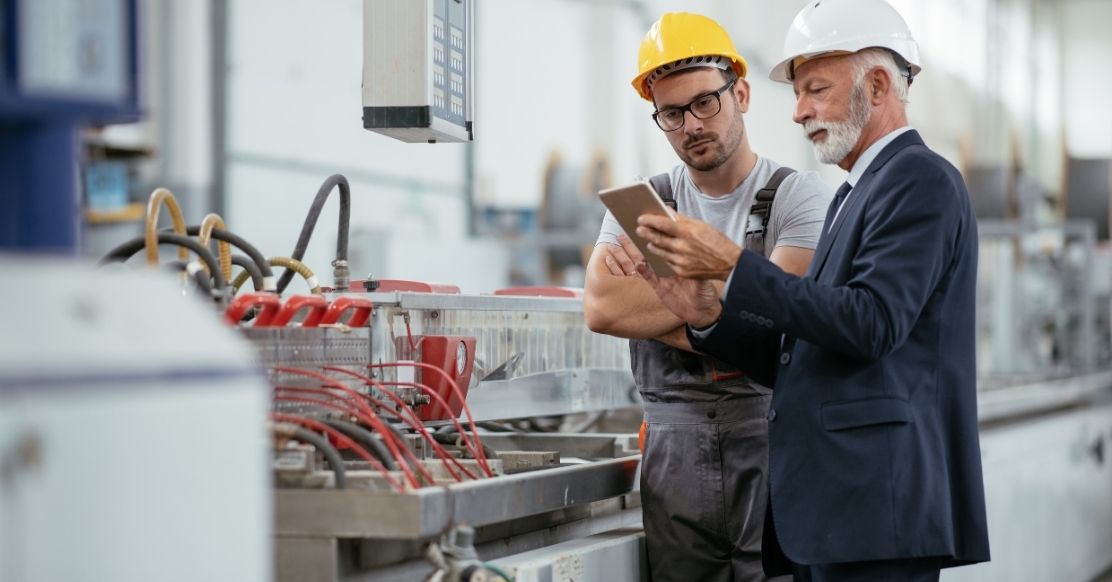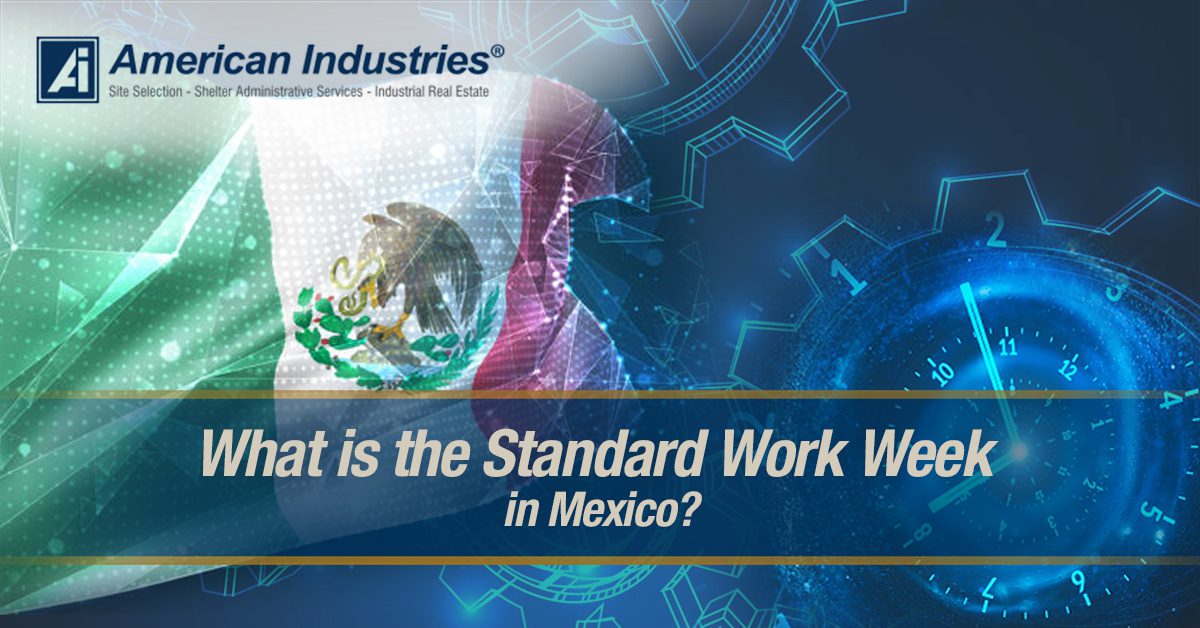Business Industry Insights: FAQs on Manufacturing and Trade in Mexico
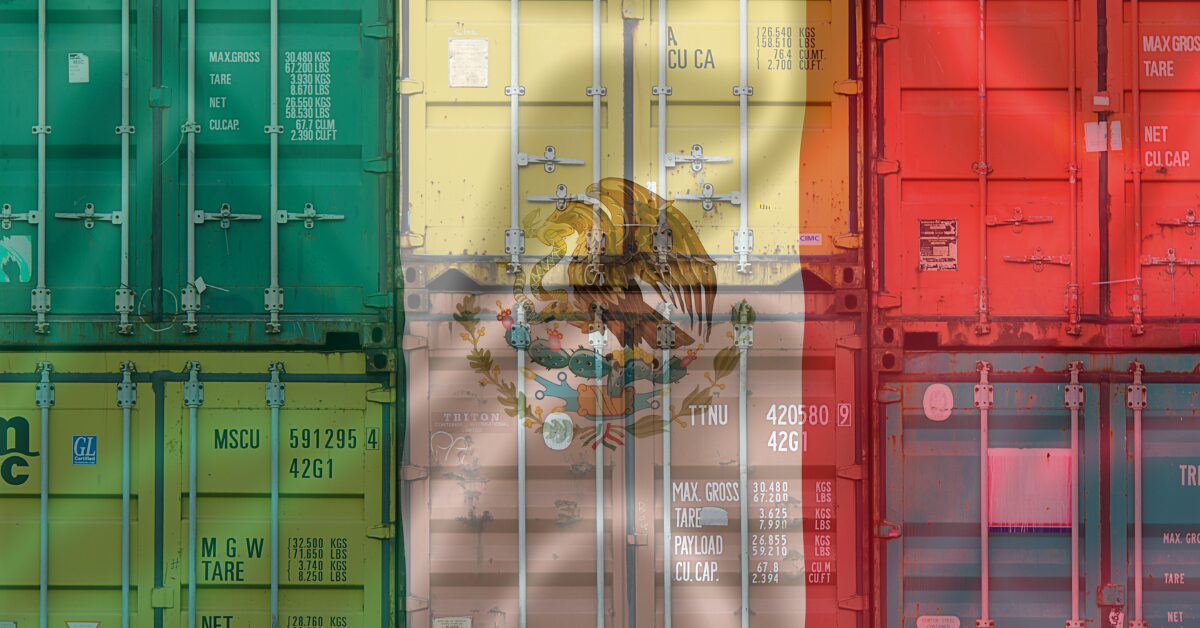
Published 07/03/2024
This FAQ provides insights into aspects of manufacturing and trade within the Mexican business industry. Whether you're examining the transition from offshoring to nearshoring, wondering about the advantages of Mexico's Free Trade Agreements, or exploring specific programs like IMMEX and PROSEC, you'll find useful information here. We will cover the benefits of the shelter model, explore the advantages of engaging in Mexico’s vibrant business industry, and provide strategic tips to maximize these opportunities for your business.
What factors drive the shift from offshoring to nearshoring in Mexico?
The trend of shifting from offshoring to nearshoring in Mexico within the business industry is influenced by several key factors. Economic shifts, such as rising labor costs in traditional offshoring destinations like China, make nearshoring to Mexico more attractive. Mexico's competitive labor rates, proximity to the U.S., and lower logistics costs are significant advantages.
Geopolitical tensions and trade uncertainties also prompt businesses to seek stable and accessible manufacturing locations. Mexico's trade agreements, including the USMCA, not only offer tariff benefits but also strengthen supply chain security, providing a stable and secure business environment.
Furthermore, recent vulnerabilities in supply chains have led businesses to prioritize resilience and agility. Nearshoring to Mexico enhances supply chain responsiveness, which is crucial for adapting to market changes and demand fluctuations.
Mexico's robust industrial growth, supported by a skilled workforce and strong industrial ecosystems, makes it an attractive option for companies in various industries.
How do Mexico’s Free Trade Agreements provide competitive advantages, and how can businesses in the manufacturing industry maximize these benefits?
Mexico’s Free Trade Agreements (FTAs), including the USMCA, offer significant competitive advantages for businesses planning to expand or relocate in the industrial sector. These agreements substantially reduce duties and taxes, decreasing the costs of importing raw materials and exporting finished products and enhancing overall profitability. Expanded market access afforded by Mexico’s FTAs allows businesses, especially in sectors like automotive, electronics, and textiles, to reach new consumers internationally and scale operations effectively.
To maximize these benefits, businesses should strategically align their operations to leverage Mexico’s strategic location and logistical advantages. This includes optimizing supply chains by situating operations closer to supplier and customer bases, which minimizes lead times and enhances supply chain agility—a key factor in nearshoring decisions. Additionally, ensuring full compliance with regulatory standards and engaging with local partners such as shelter companies and industrial clusters can facilitate smoother entry and operations. These steps, combined with taking advantage of the regulatory transparency and intellectual property protections stipulated in the FTAs, help create a secure and predictable investment environment, driving growth and sustainability in the manufacturing industry.
What are the key legal and operational benefits of manufacturing 'Made in Mexico' products under the IMMEX program?
Manufacturing 'Made in Mexico' products under the IMMEX program offers substantial legal and operational benefits. This program allows international businesses in the Mexican manufacturing industry to temporarily import raw materials, components, and machinery duty-free and VAT-exempt. This exemption significantly reduces production costs and enhances the competitiveness of businesses in global markets.
The IMMEX program also facilitates quicker and more efficient production cycles by allowing for faster turnaround times in the manufacturing process. This efficiency is crucial for industries such as automotive, aerospace, and electronics, which require rapid response to market demands. Additionally, businesses benefit from regulatory support that simplifies compliance with Mexican labor laws and environmental standards, ensuring a smoother operational framework.
By taking advantage of these IMMEX provisions, businesses can decrease operational costs and leverage Mexico's strategic geographic location and robust infrastructure to optimize their supply chains, further enhancing their global market presence and reinforcing the economic advantage of manufacturing in Mexico.
What are the main benefits of the shelter model for foreign manufacturers in Mexico?
The shelter model offers numerous strategic advantages for foreign manufacturers looking to navigate the business industry in Mexico and leverage Mexico's Free Trade Agreements, including:
- Ensuring Regulatory Compliance: Shelter companies ensure full compliance with Mexican labor laws and VAT regulations, removing the administrative burden from manufacturers and allowing them to focus on their core activities.
- Cost and Time Efficiency: By leveraging the established infrastructure and expertise of a shelter company, manufacturers can avoid substantial initial capital outlays and ongoing operational expenses. This setup is particularly advantageous for businesses considering the differences between nearshoring vs offshoring, offering a more cost-effective and logistically sensible solution.
- Accelerated Market Entry: Shelter providers facilitate faster market entry by navigating the complexities of Mexico’s FTAs and incentive programs, such as PROSEC. They provide quicker access to Mexico’s robust manufacturing sector, including for maquiladoras. This rapid setup allows businesses to capitalize on market opportunities promptly.
- Human Resources and Supply Chain Optimization: Comprehensive HR services and local supply chain integration provided by shelter companies streamline operations, ensuring efficient production processes and workforce management. This optimization is essential for maintaining productivity and efficiently meeting market demands.
How does PROSEC support sector-specific manufacturing in Mexico, and what industries can benefit the most from the program?
The PROSEC Program (Sectorial Promotion) provides targeted support for industries such as automotive, textile, and electronics manufacturing in Mexico. This program enhances competitiveness by allowing companies to import machinery, equipment, and materials with reduced duty rates under the General Import Tax. This is particularly advantageous in minimizing production costs, whether the finished products are intended for the domestic market or for export.
Additionally, the Rule 8 Permit complements PROSEC by permitting duty-free imports of necessary production inputs for specific projects. This exemption from import duties is crucial for industries that depend on specialized imported components, effectively streamlining supply chain processes.
Industries like automotive, textiles, and electronics benefit most from PROSEC, benefiting from significant cost savings on imported materials and parts essential for their manufacturing processes. The enrollment process, taking approximately 1-3 months, is a strategic investment for businesses aiming to optimize manufacturing efficiencies and strengthen their market presence in Mexico.
How do shelter companies support compliance with Mexican labor laws and help develop an effective human resources strategy in the manufacturing sector?
Shelter companies play a crucial role in ensuring foreign manufacturers comply with Mexican labor laws during recruitment and hiring. They manage all aspects of HR, from creating job descriptions that comply with local regulations to handling the complete recruitment and hiring cycle and ensuring all practices meet legal standards. This includes administering contracts, benefits, and compliance with labor rights, significantly simplifying the entry process for foreign businesses in sectors such as automotive, electronics, and textiles.
Additionally, shelter companies manage payroll operations to adhere to Mexican tax regulations and labor laws. They ensure accurate and timely payments, withholding of taxes, social security contributions, and compliance with employment benefits laws. This meticulous management helps prevent common challenges such as payroll errors and non-compliance with labor regulations, which can lead to legal issues and financial penalties.
By leveraging shelter companies, businesses can focus on their core manufacturing activities without the burden of navigating the complexities of Mexican labor laws, reducing risks, and enhancing operational efficiency.
Ready to take the next step in optimizing your business operations in Mexico? Contact us today to learn how American Industries can help you streamline your entry into the Mexican market and capitalize on these opportunities for a successful expansion.
American Industries Group®
If you would like to find out more about this topic or are interested in receiving a complimentary business case analysis for your operation in Mexico, please fill out this form or contact us at:
US toll-free: +1 (877) 698 3905
Attention hours from M to F 9:00 - 18:00 CST
Please note that we do not accept job applications here. If you are interested in applying for a position, please visit the following link: https://www.americanindustriesgroup.com/jobs/
YOU MIGHT ALSO LIKE
